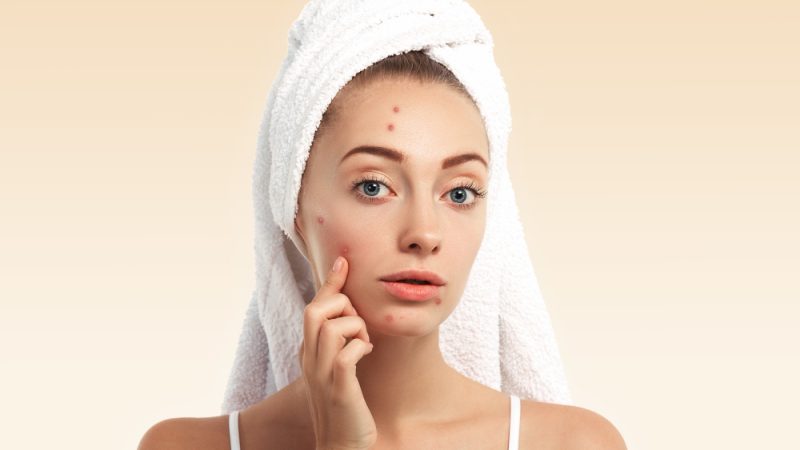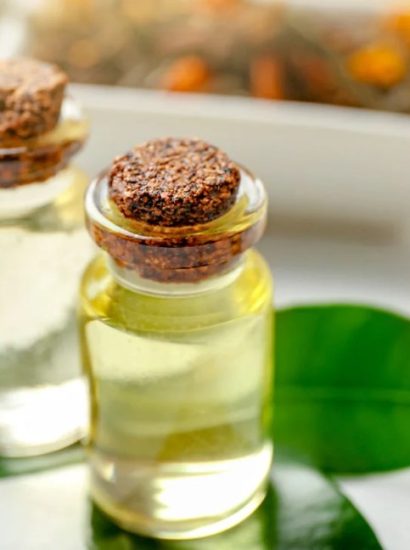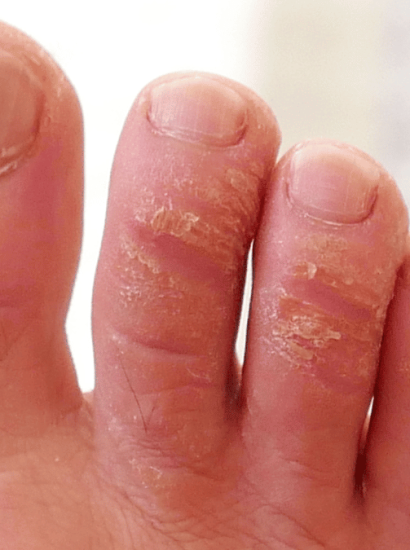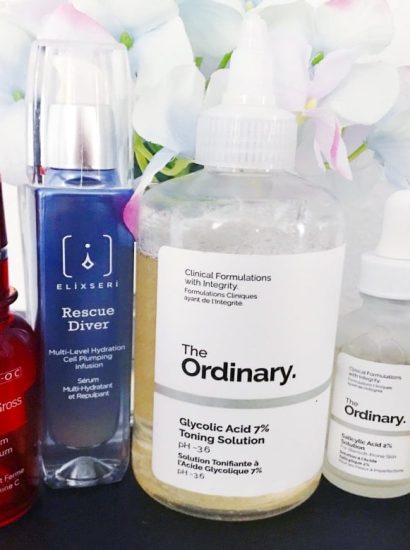Acne can feel like a never-ending battle, but with the right skincare routine, you can win the war against breakouts. Whether you’re dealing with occasional pimples or persistent acne, the key is to adopt a consistent and effective routine tailored to your skin’s needs. This article outlines 10 powerful steps to help you achieve the acne-free skin you deserve.
Let’s dive in and transform your skincare game for good!
Start with a Gentle Cleanser
The foundation of any effective skincare routine is a good cleanser.
Why It’s Important
Cleansing removes dirt, oil, and makeup that clog pores and cause breakouts. Using a gentle cleanser ensures your skin stays clean without stripping it of its natural oils, which can lead to dryness and irritation.
How to Do It
- Choose the right cleanser: Look for products with salicylic acid or benzoyl peroxide for acne-prone skin.
- Wash twice daily: Cleanse your face every morning and night to maintain a clear complexion.
- Avoid harsh scrubbing: Use your fingertips to massage the cleanser in circular motions, then rinse with lukewarm water.
Exfoliate Regularly (But Don’t Overdo It)
Exfoliation helps remove dead skin cells that can clog pores and lead to acne.
Why It’s Important
Regular exfoliation improves skin texture and allows other products to penetrate more effectively. However, over-exfoliating can irritate the skin, so balance is key.
How to Do It
- Use a chemical exfoliant: Products with AHAs (like glycolic acid) or BHAs (like salicylic acid) are ideal for acne-prone skin.
- Limit to 2-3 times per week: Overuse can harm your skin barrier.
- Be gentle: Avoid physical scrubs with large, rough particles that can cause micro-tears.
Apply a Balancing Toner
A toner restores your skin’s pH balance and preps it for the next steps.
Why It’s Important
Toners help remove any leftover impurities after cleansing while hydrating and calming your skin. They also target specific concerns like excess oil or redness.
How to Do It
- Pick the right formula: Alcohol-free toners with soothing ingredients like witch hazel or green tea are great for acne-prone skin.
- Use a cotton pad or hands: Apply the toner gently across your face and neck.
- Focus on problem areas: Pay extra attention to your T-zone or areas prone to breakouts.
Use Targeted Treatments
Spot treatments and serums can address specific acne concerns.
Why It’s Important
Active ingredients like benzoyl peroxide, tea tree oil, or niacinamide reduce inflammation and kill acne-causing bacteria.
How to Do It
- Spot treatment for pimples: Apply a small amount of product directly onto blemishes.
- Serums for overall care: Opt for serums with vitamin C or hyaluronic acid to brighten skin and maintain hydration.
Moisturize Even if You’re Oily
Hydration is crucial for all skin types, even acne-prone ones.
Why It’s Important
Skipping moisturizer can lead to overproduction of oil, which worsens acne. A lightweight, non-comedogenic moisturizer keeps skin balanced and healthy.
How to Do It
- Choose oil-free formulas: Look for “non-comedogenic” labels to ensure the product won’t clog pores.
- Apply daily: Use it every morning and night after treatments.
Don’t Forget Sunscreen
Sunscreen is your skin’s best defense against harmful UV rays and post-acne hyperpigmentation.
Why It’s Important
UV rays can worsen acne scars and lead to premature aging. Sunscreen protects your skin while preventing dark spots and discoloration.
How to Do It
- Choose SPF 30 or higher: Opt for non-comedogenic sunscreens designed for acne-prone skin.
- Apply generously: Don’t skimp—cover your entire face, including the ears and neck.
Stay Hydrated from Within
Healthy skin starts with proper hydration.
Why It’s Important
Drinking plenty of water helps flush out toxins and maintain skin elasticity, reducing the risk of breakouts.
How to Do It
- Aim for 8 glasses a day: Keep a water bottle handy as a reminder.
- Incorporate hydrating foods: Fruits and vegetables like cucumbers and watermelon are great options.
Watch Your Diet
What you eat can directly impact your skin’s health.
Why It’s Important
Foods high in sugar or dairy may trigger acne in some individuals. A balanced diet rich in vitamins and antioxidants promotes clear skin.
How to Do It
- Reduce processed foods: Limit sugary snacks and fast food.
- Focus on skin-loving nutrients: Omega-3 fatty acids, zinc, and vitamin E are excellent for acne prevention.
Get Enough Sleep
Beauty sleep isn’t just a saying—it’s a necessity.
Why It’s Important
Sleep allows your skin to repair itself and reduces stress, a major acne trigger.
How to Do It
- Aim for 7-9 hours nightly: Create a relaxing bedtime routine to improve sleep quality.
- Keep stress in check: Practice mindfulness or yoga to reduce stress levels.
Be Consistent and Patient
Results don’t happen overnight, so stick with your routine.
Why It’s Important
Consistency is key to seeing long-term improvements in your skin. Changing products too often can irritate your skin and worsen acne.
How to Do It
- Track your progress: Keep a skincare journal to note changes in your skin.
- Give products time: Most acne treatments take 4-6 weeks to show results.
Conclusion
Achieving acne-free skin is possible with the right steps and dedication. By following this 10-step routine, you can control breakouts, prevent future acne, and enhance your overall skin health. Consistency, patience, and self-care are the cornerstones of a successful skincare journey.
Start your routine today and experience the transformation toward radiant, clear skin!
FAQs
What’s the best cleanser for acne-prone skin?
Look for gentle cleansers with salicylic acid or benzoyl peroxide to target acne effectively.
How often should I exfoliate if I have acne?
Limit exfoliation to 2-3 times a week to avoid irritation while keeping pores unclogged.
Can I wear makeup if I have acne?
Yes, but choose non-comedogenic and lightweight products to avoid clogging pores.
Do I need sunscreen if I’m indoors?
Yes, UV rays can penetrate windows, so wearing sunscreen daily is crucial.
What foods should I avoid for clear skin?
Limit sugary, fried, and dairy-heavy foods, as they can contribute to breakouts.
How long does it take to see results from a new routine?
It typically takes 4-6 weeks of consistent use to see noticeable improvements.
Also read: The Best Korean Skincare Products for Anti-Aging: Youthful Skin Secrets





